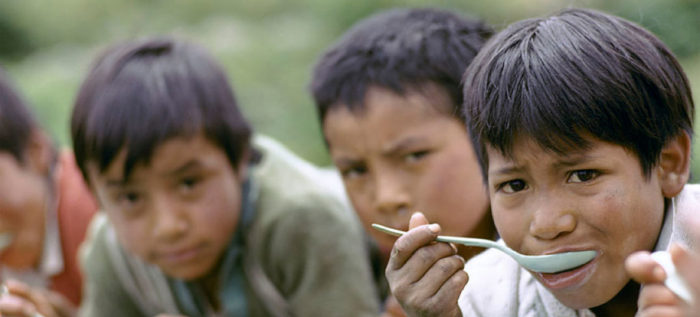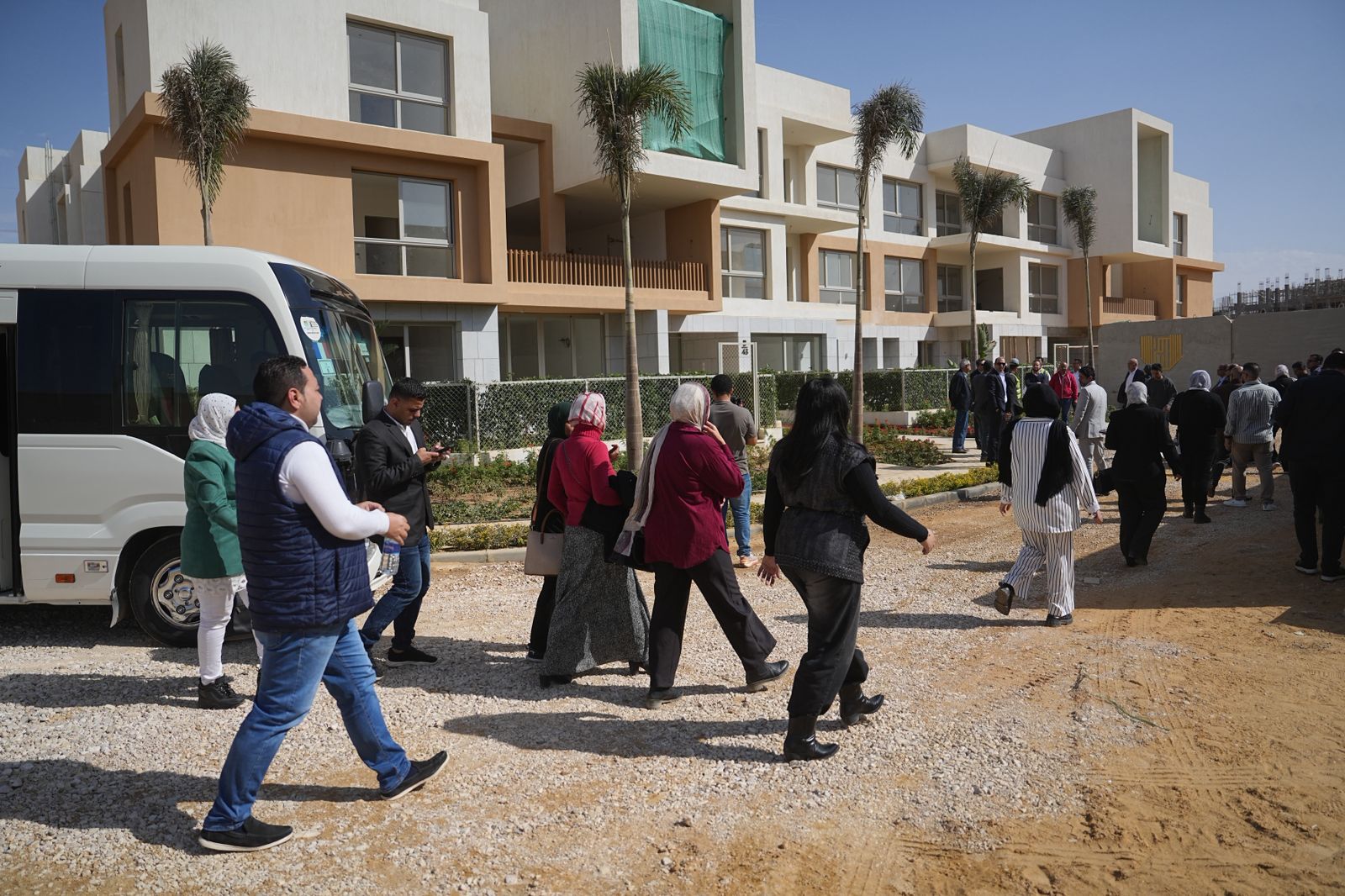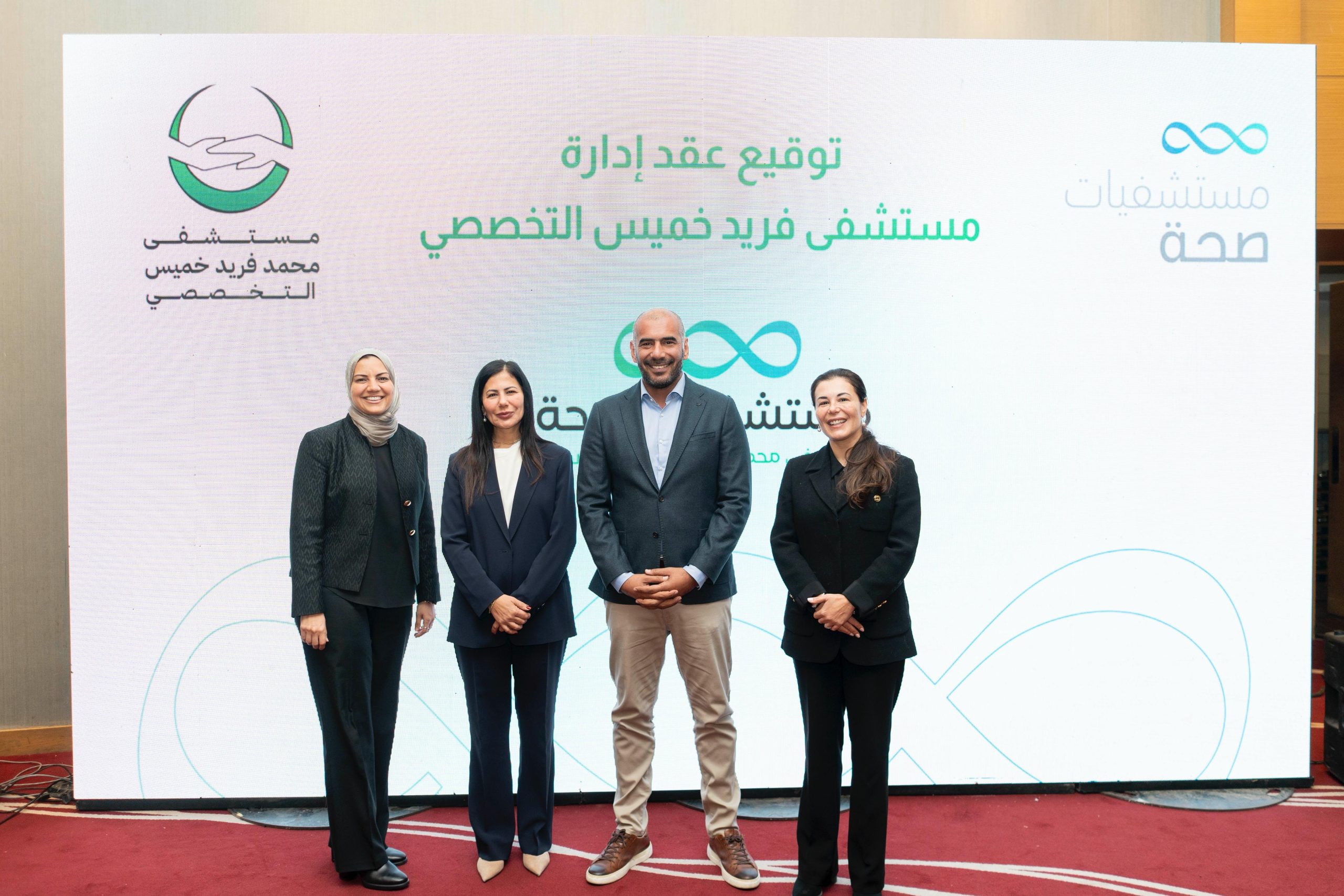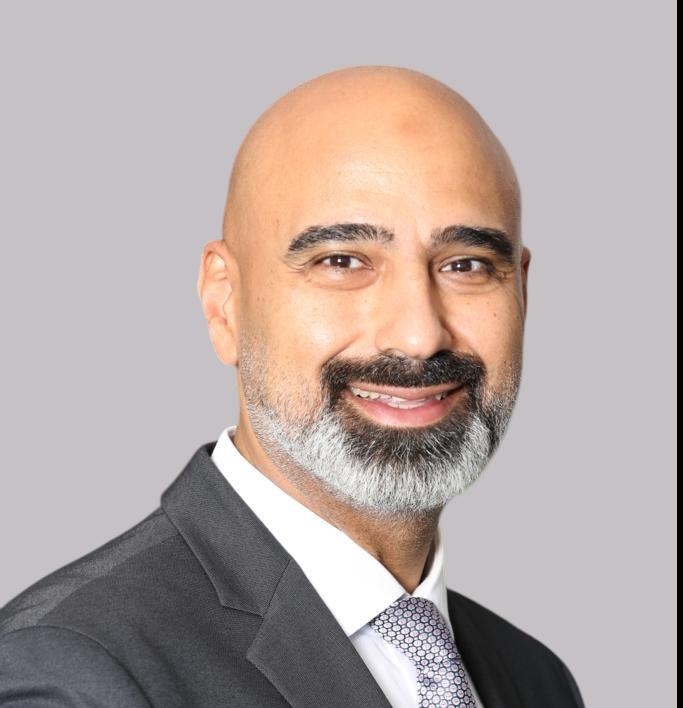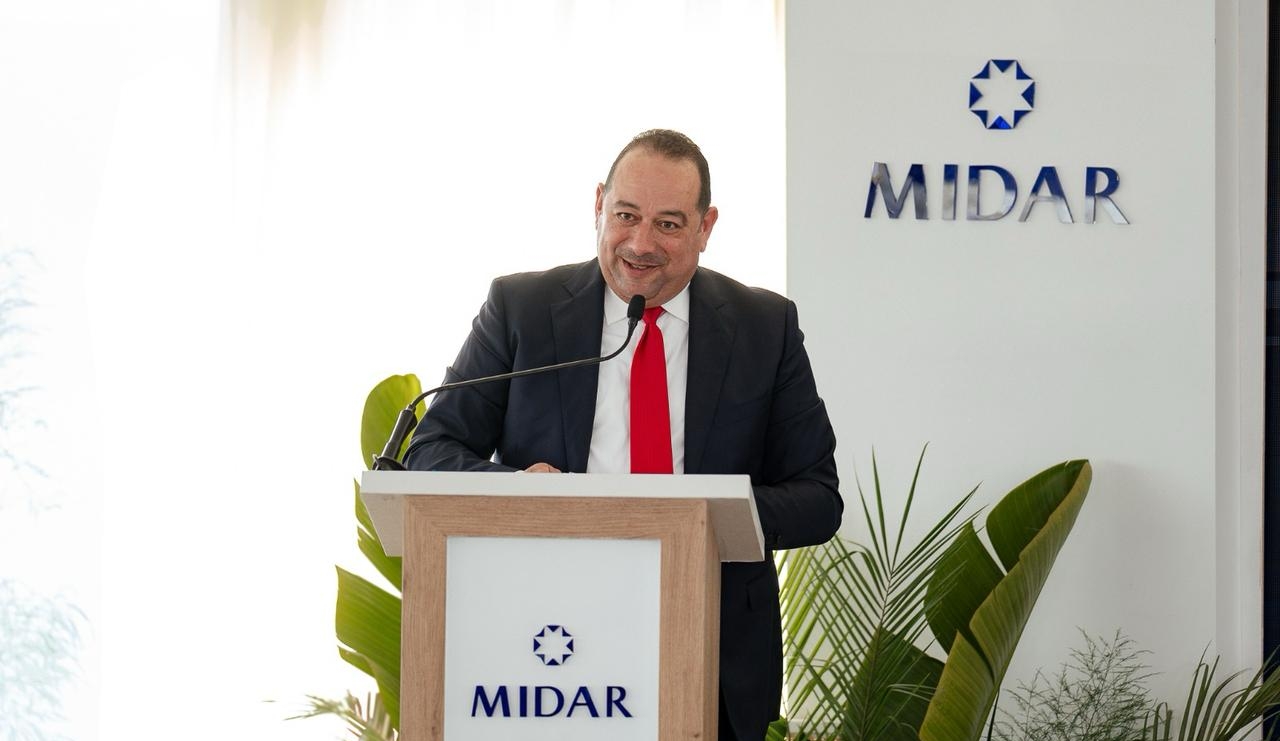Dubai – Masaader News
While health, education, and income levels have improved overall across the globe, “wide inequalities” both among and within countries, are casting a shadow on sustained human development, a new United Nations report shows.
Looking at the widening gap in real terms, a child born in Norway today – the country with the highest human development index (HDI) – can expect to live beyond the age of 82, and spend almost 18 years in school. But the same child, if born in Niger – the lowest HDI – can expect only to live to 60, with just five years of formal education.
“While these statistics present a stark picture in themselves, they also speak to the tragedy of millions of individuals whose lives are affected by inequity and lost opportunities, neither of which are inevitable,” said Achim Steiner, the Administrator of the UN Development Programme (UNDP), which released the reporttoday.
Inequality occurs in many countries, including in some of the wealthiest ones, but it ends up taking a much bigger toll on countries with lower HDI levels; with low HDI countries losing almost a third of their human development capacity. For countries with a high HDI, the average loss is 11 per cent.
The striking differences both within and among countries, are stifling progress and the trend can be seen again and again, according to UNDP.
“Inequality in all its forms and dimensions, between and within countries, limits people’s choices and opportunities, withholding progress,” explained Selim Jahan, Director of the Human Development Report Office at UNDP.
Women’s empowerment remains a particular challenge
A key sources of inequality within countries is the gap in opportunities, achievements and empowerment between women and men. On average, the HDI for women is 6 per cent lower than that for men, notes the report.

